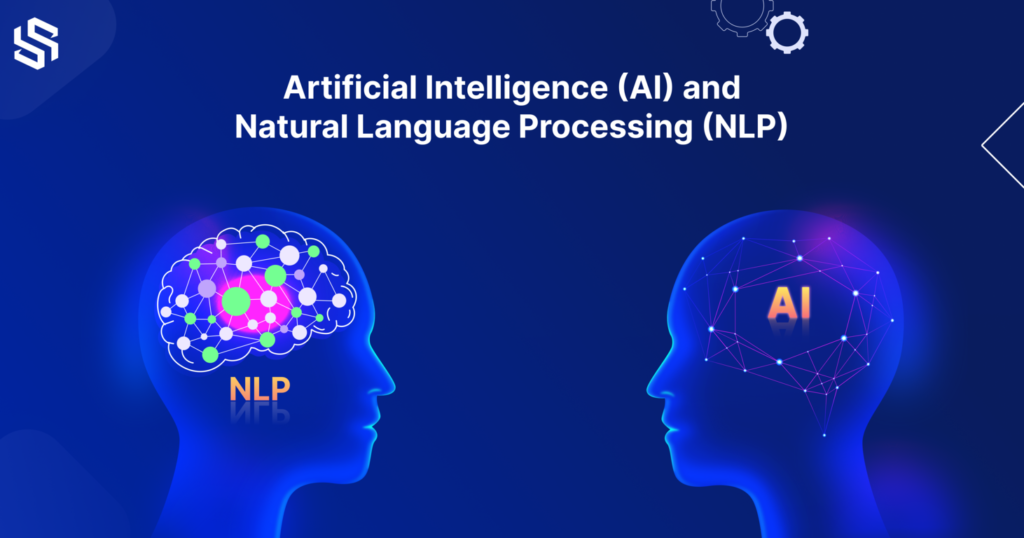Natural Language Processing AI

Natural Language Processing AI Or NLP AI
Natural Language Processing (NLP) AI is a subfield of artificial intelligence (AI) that deals with the interaction between computers and human languages. It involves using advanced computational techniques and machine learning algorithms to understand, interpret, and generate human language.
NLP AI can be used for a wide range of applications, including:
- Text classification: NLP AI can be used to automatically classify text documents into different categories, such as spam or non-spam email.
- Named entity recognition: NLP AI can be used to identify and extract specific information from text, such as names of people, organizations, and locations.
- Part-of-speech tagging: NLP AI can be used to identify the grammatical role of each word in a sentence, such as a noun, verb, or adjective.
- Sentiment analysis: NLP AI can be used to determine the emotional tone of the text, such as whether it is positive, negative, or neutral.
- Machine translation: NLP AI can be used to translate text from one language to another automatically.
- Speech recognition: NLP AI can be used to transcribe speech to text, and also to identify the speaker, language, and intent.
- Text summarization: NLP AI can be used to extract the main points from a large text and generate a summary of it.
- Dialogue systems: NLP AI can be used to build intelligent dialogue systems, such as chatbots and virtual assistants, that can engage in natural conversation with humans.
NLP AI is a rapidly evolving field, driven by the increasing amount of text data being generated, and the growing need for machines to understand and interpret human language. With the help of advanced machine learning techniques like deep learning, NLP AI is becoming more powerful and accurate, which is enabling the development of more sophisticated and human-like NLP systems.
NLP AI Applications
Natural Language Processing (NLP) AI has a wide range of applications across various industries. Some of the most common applications include:
- Text classification: NLP AI can be used to automatically classify text documents into different categories, such as spam or non-spam email, news articles, and customer feedback.
- Named entity recognition: NLP AI can be used to identify and extract specific information from text, such as names of people, organizations, and locations, which can be used for various tasks like information extraction, sentiment analysis, and document summarization.
- Sentiment analysis: NLP AI can be used to determine the emotional tone of the text, such as whether it is positive, negative, or neutral. This can be used for tasks like analyzing customer feedback, social media monitoring, and brand reputation management.
- Machine translation: NLP AI can be used to translate text from one language to another automatically, which can be used for tasks like customer support, content localization, and language learning.
- Speech recognition: NLP AI can be used to transcribe speech to text and also to identify the speaker, language, and intent. This can be used for tasks like voice-controlled assistants, speech-to-text, and speech analytics.
- Text summarization: NLP AI can be used to extract the main points from a large text and generate a summary of it, which can be used for tasks like news summarization, document summarization, and information retrieval.
- Dialogue systems: NLP AI can be used to build intelligent dialogue systems, such as chatbots and virtual assistants, that can engage in natural conversation with humans. This can be used for tasks like customer service, e-commerce, and personal assistance.
- Language understanding: NLP AI can be used to understand the intent and context of the text, which can be used for tasks like question answering, text-to-speech, and text-to-code.
- Text Generation: NLP AI can be used to generate text, like writing news articles, composing poetry, and even coding.
These are just a few examples of NLP AI applications. The field is constantly evolving and new use cases and applications are emerging. As NLP AI becomes more powerful and accurate, we can expect to see even more sophisticated and human-like NLP systems in the future.